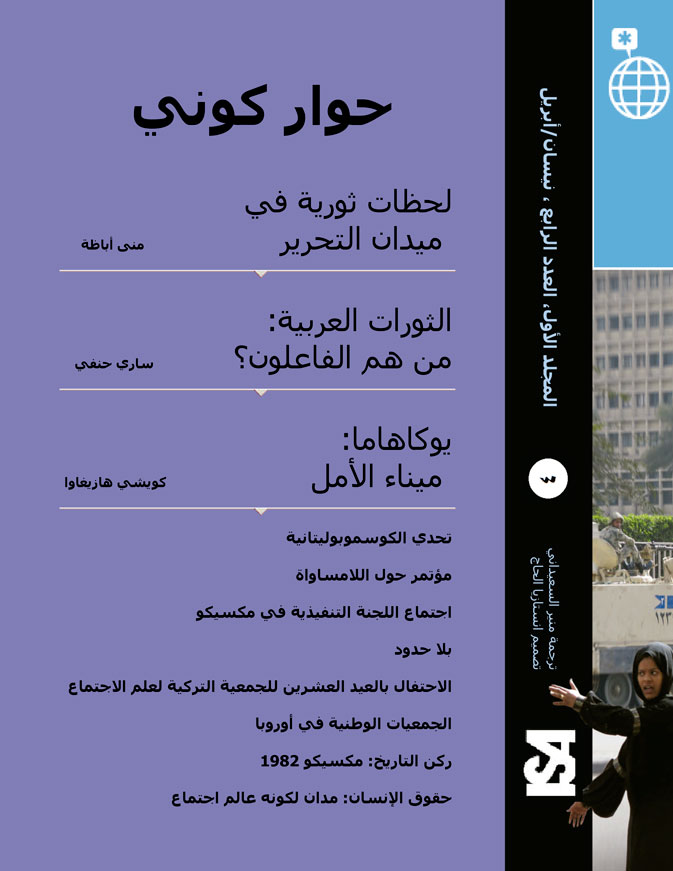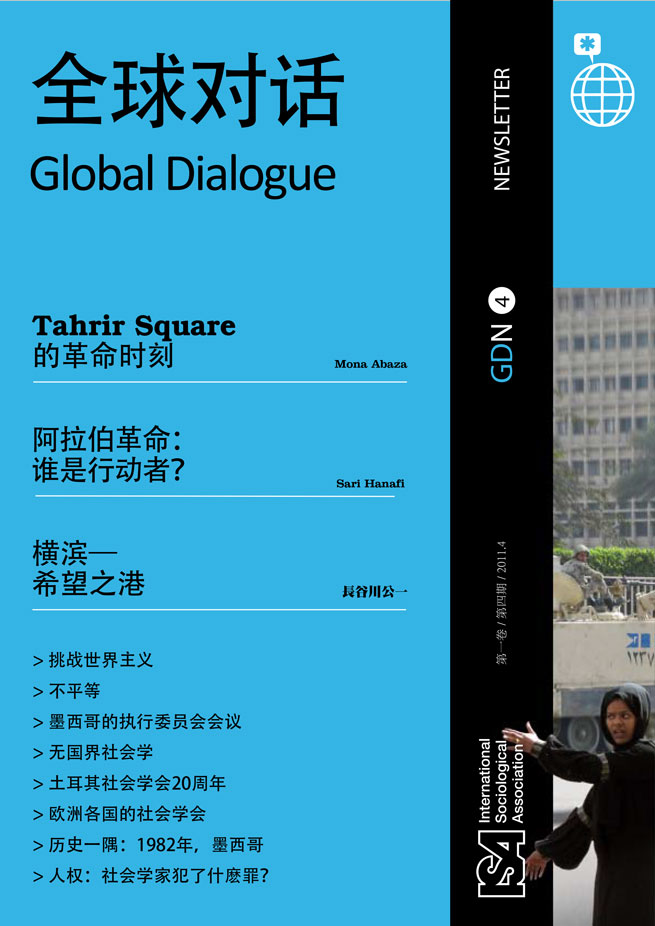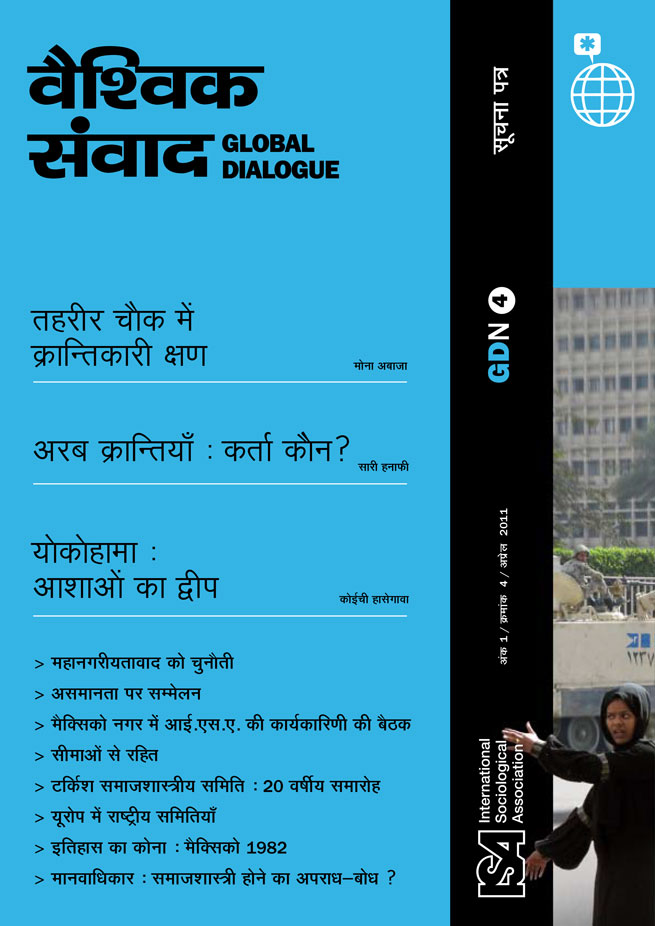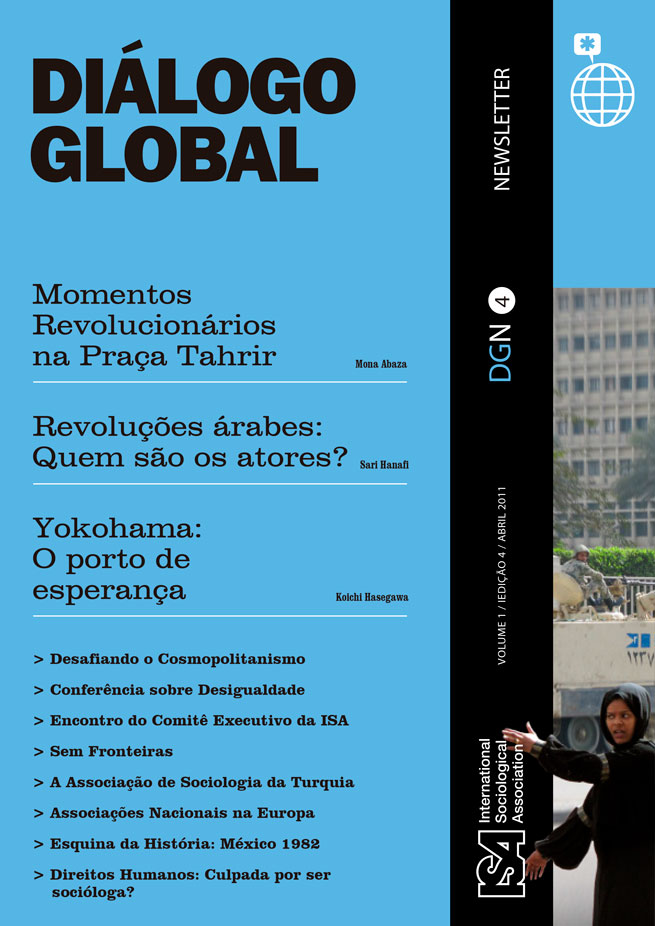Read more about Special Columns
History Corner: Mexico 1982
by Jennifer Platt
May 07, 2011
One might think sociology is now sufficiently established as a discipline to raise only scientific issues. However, a recent seminar in Limoges[1] was devoted to the political obstacles faced by social science inquiries. Sociological research, in particular, has been discredited, and violently so, from various non-scientific viewpoints in the realms of politics, media and the law.
Two cases testify to the threats that sociologists may face. Most significant is the case of Pinar Selek. Since 1998, she has been repeatedly accused of a bomb attack on an Istanbul Spice Bazaar. All the expert reports have established that the explosion was caused by a gas leak, and the courts have found her not guilty three times – the last time being in February 2011. But all decisions were appealed, and again so in February. Pinar Selek is indeed guilty of having behaved as a sociologist, of having conducted an inquiry that broke the taboo of the Kurdish question. She interviewed PKK militants and refused to give away their names to the police when she was arrested and then tortured. According to some circles within the Turkish State and police, it is a crime to challenge national myths or question official discourse on the Kurdish or Armenian questions.
The second case is from Hungary where renewed nationalism has launched a hate-driven and anti-semitic media campaign against Agnes Heller and her ‘clique’ (four other philosophers) as charged by influential Hungarian media investigating this ‘cosmopolitical’ conspiracy. Agnes Heller, 81 years old, is a philosopher and a sociologist trained by Georg Lukács. She has taught in different countries including the United States where, in the 1970s, she occupied the Hanna Arendt Chair at the New School, after escaping the persecutions of the communist regime. Since the beginning of this year, she has been accused of misappropriating, along with her colleagues, 2 million euros for ‘foggy and useless’ texts. Unsubstantiated charges try to slander her reputation, asserting that she has brought her fatherland into disgrace. In fact, nothing but her political engagement is being targeted. Like other intellectuals, she stood against the new Hungarian law that curtails the freedom of the media and denounced the authoritarian drift of the Viktor Orban administration.
If some sociologists are victimized in these ways, that is because the authorities find sociology to be threatening. It deals with issues some states would like to ignore once and for all; its inquiries challenge the veracity of official claims. Sociologists are also attacked as intellectuals, even as they follow the Weberian scientific ethic. Indeed, it is precisely because of their scientific commitments that attempts are made to discredit them.
[1] Sylvain Laurens, Frédéric Neyrat, Enquêter: de quel droit ? Menaces sur l’enquête en sciences sociales, Bellecombe-en-Bauges, Éditions du Croquant, 2010.
Frédéric Neyrat, University of Limoges, France
This issue is not available yet in this language.
Request to be notified when the issue is available in your language.
If you prefer, you can access previous issues available in your language:









